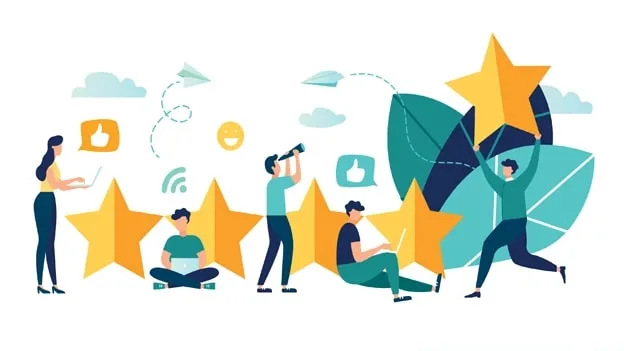The History of the Newspaper
The newspaper goes back to the Romans in 59 BCE; which was created by the name of Acta Diurna. Even though there are no copies today, it is still widely believed they published daily chronicles about gossip, assemblies, and births/deaths. To publish the newspaper, they hand carve the writing on a piece of stone and place it in a populated city for the public to see.Then later in 1566, another newspaper appeared in Venice, Italy. It was a handwritten gazette again discussing information about politics and military conflicts. Since, there was still the absence of printing-press technology. It was harder to create daily copies of the newspaper and limited the amount of copies shared.
It wasn't till 1609, that the Gutenberg's Press founded by Johanne Gutenberg, created the first weekly newspapers. At the start of production of the newspaper, they had to be careful to not share their location to avoid getting prosecuted by the government. Even though their approximate location could be identified because it was written in German. These concerns did not last and the papers became very successful and spread throughout Europe. Soon it became the heart of the newspaper, printing in all languages like Dutch, French, Italian, German, then later English. The newspapers were created individually and arranged backward by hand. Then, flattened down, inked by hand, and pressed down by a big lever that would apply force to create the impression. Early newspapers used two major formats: Dutch-style corantos (two- to four-page paper) and German-style pamphlets (8- to 24-page paper). As popularity grew, publishers switched to the larger German style.
Eventually, the government did take control of the papers, so publications were regulated. They could not report on the news or local events. But when the civil war broke out in England in 1641, a gentleman named Oliver Cromwell and the Parliament issued threats against King Charles I to be able to cover these major events happening in England. Finally, the newspapers were free from government control, and the citizens got to understand the power of the free press. Making it easy to issue more copies and run advertisements through the newspaper.Fast forwarding to 1690, when newspapers finally came to the American colonies by the name of Benjamin Harris. Before coming to America, he was a newspaper editor in England. The two articles he printed were controversial and were not a big hit. It wasn't till 14 years later, till the next American newspaper was made called the Boston News-Letter. Then followed by The Boston Gazette and American Weekly Mercury in Philadelphia 15 years later.
Impact of the Newspaper
During the American Revolution, newspapers were the only form of communication colonies had with one another. Newspapers grew increasingly popular by helping keep the colonies informed and developing a new concept of a free press to create a national identity.
Finally, in 1791, the United States created the First Amendment as part of the Bill of Rights, guaranteeing freedom of press and speech. However, in 1798, Congress passed the Sedition Act, punishing individuals for writing, printing, uttering, or publishing false, scandalous, and malicious writing against the government. Thomas Jefferson allowed the Act to lapse, claiming it was an experiment to demonstrate the falsehood of the pretext that freedom of the press is incompatible with orderly government. This free-press experiment has continued to this day, demonstrating the falsehood of the pretext that freedom of the press is incompatible with orderly government.As the nation gained more independence, the newspapers played a crucial role in defining national identities by promoting new names, symbols, and patriotism. Newspapers have been responsible for uniting the country together by uncovering many stories about history, politics, current events, and many more. They have become a necessity for many Americans to read the newspaper and stay current on what is happening in the world. Unfortunately, in today's time, newspapers have taken a hard hit since everyone uses technology to get news and much more information the newspaper offers. The rapid decline of local newspapers in 2023 is expected to result in the U.S. losing one-third of its 2005-2005 newspapers by the end of 2023 as originally predicted. The communities that are losing local newspapers sometimes might not get a replacement like online. For Americans who can't afford the technology to learn about current events and can't get a newspaper, how will they be able to learn about what is happening in the world today?















